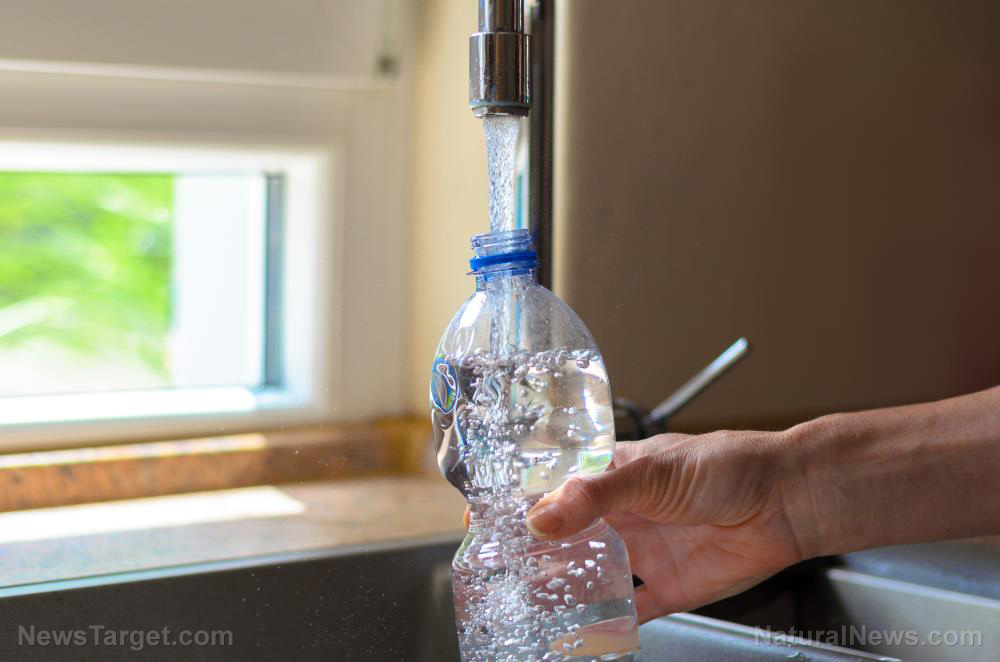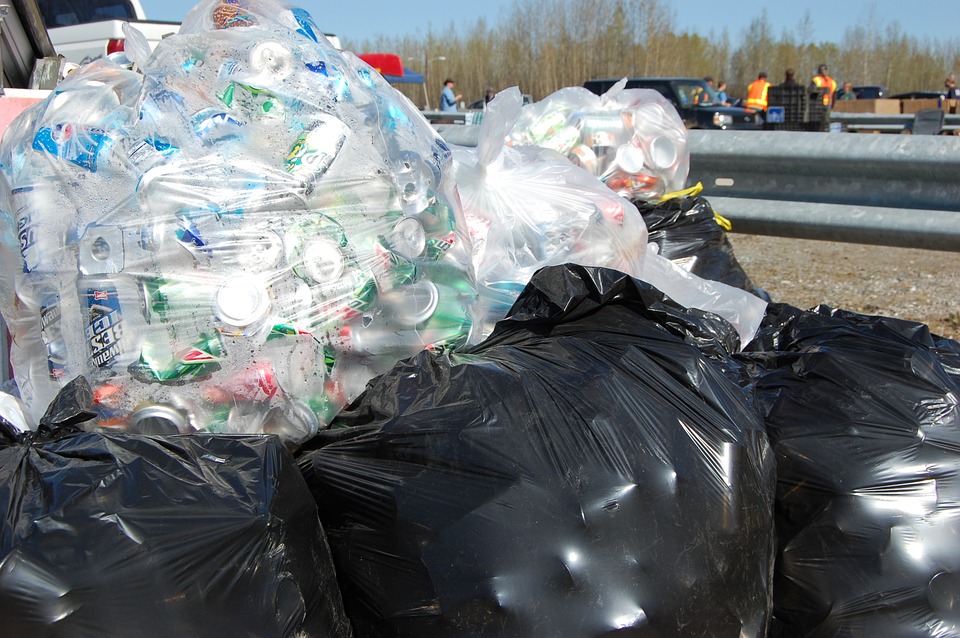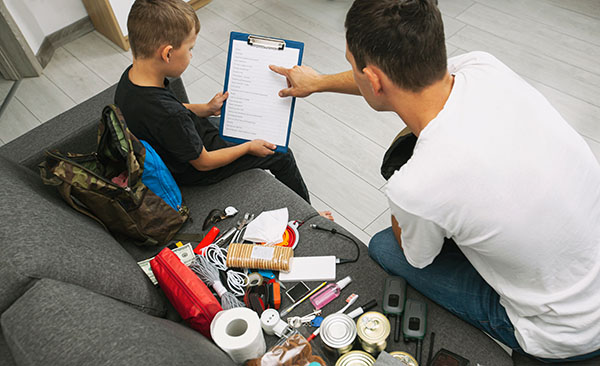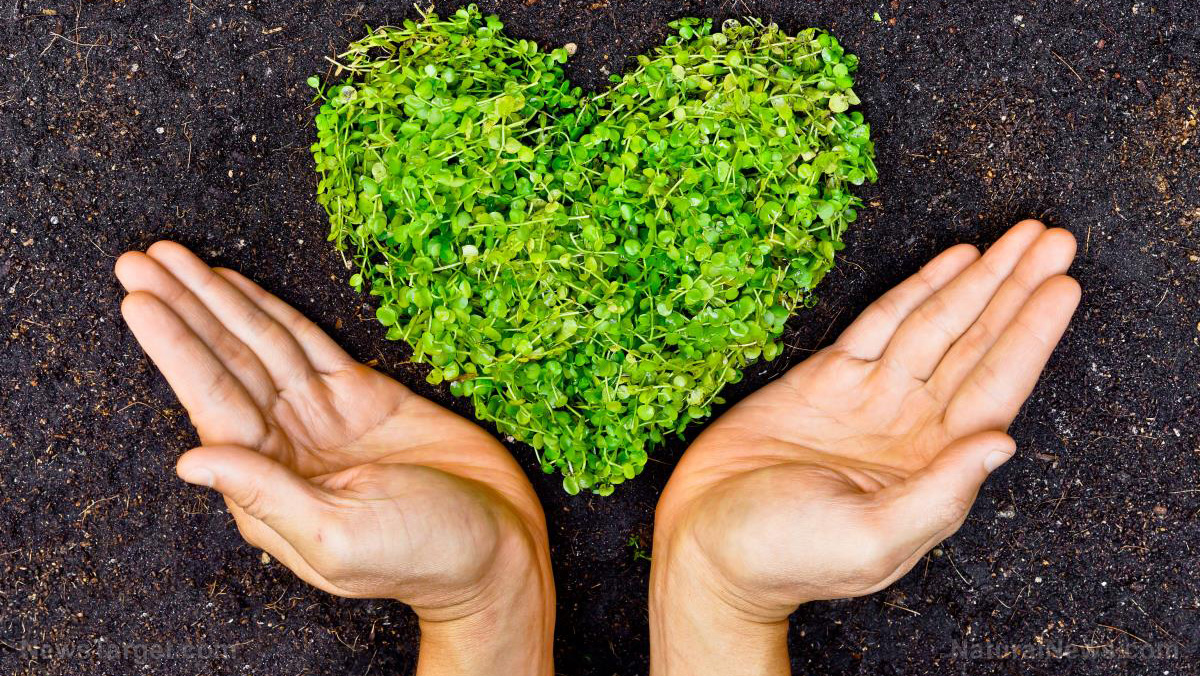
The human body needs water to function properly, and a person may only survive for a few days without water. Clean water is also important for sanitation and hygiene. This is why having an emergency supply of clean, safe water is essential when SHTF.
But there's more to water storage than filling drums and buckets with potable water. You have to stock up on it based on your needs and those of the people in your household. You should also take the quality of your storage containers into account, as well as where and how you are storing those containers.
Read on to learn about creating and storing an emergency water supply. (h/t to ThePreppingGuide.com)
Different kinds of water containers
If you're thinking of creating an emergency water supply, you need to consider the different kinds of containers available. The best kind to use will depend on how much water you need and how much space you have for storing water containers. Here are some of the most common water storage containers preppers use:
- Large water storage tanks and drums – The best large water tanks and drums are made from a durable material called polyethylene and are free from bisphenol A, a hormone-disrupting chemical found in various reusable plastic products and food and water storage containers.
- Underground water cisterns – These storage containers are made from heavy-duty plastic. They also store a minimum of 250 gallons of water, which can be accessed through a pump. Because these are big, they are set up underground so that you won't have to worry about space. They are ideal for regions that get very cold winters, where water will freeze if stored above-ground.
- Horizontal and low-profile tanks and drums – These containers are often used to transport large quantities of water to a disaster area. They have sturdy legs and ribs to prevent tipping and sloshing.
- Large vertical tanks and rain-harvesting barrels – These storage containers are ideal for catching rainwater. They are also perfect for long-term water storage in small communities in rural areas.
- Stackable and portable water storage containers – Stackable and portable storage containers can only store up to 10 gallons of water. You can stack several of these containers for more stored water.
- Collapsible water containers – Collapsible containers are ideal for bugout bags (BOB). You can easily pack many of these in your BOB without worrying about space issues.
- Specialized water containers – Specialized containers, like the collapsible onion and pumpkin tanks, can be handy in a pinch. They look like inflatable swimming pools. You may also want to consider storing water in pillow tanks, which are typically used by soldiers. Pillow tanks are so named because they look like large, inflatable pillows.
Water purification methods
In a pinch, you can collect water from various bodies of water, including lakes, streams and rivers. You can also collect rainwater. But before using water from those sources, it's important to purify it to make sure it's safe for consumption and for washing. (Related: Water is life: 10 Ways to purify water when SHTF.)
When purifying water, you need to first filter out any sediments through a clean cloth or a coffee filter. You can then use one or a combination of these water purification methods to make sure your water is clean:
- Boiling – Boiling is the safest way to kill harmful bacteria, fungi and parasites in the water.
- Chlorination – In case you don't have access to a fire, you can purify your water by chlorinating it. Add regular liquid bleach to a bucket of water and stir. Do this out in the open air. Only use this water for washing and cleaning.
- Distillation – Distillation involves boiling water and collecting the condensed vapor from it. Distillation kills germs and ensures your water doesn't contain chemicals, heavy metals, salts and other impurities or contaminants.
Other water storage tips to keep in mind
- Estimate water needs.
- Use food-grade containers.
- Avoid metallic containers unless you are sure the metal is stainless steel.
- Thoroughly clean your water containers before use. Wash it first with dishwashing soap and chlorinate it with a bleach and water solution. Let dry outdoors.
- Don't reuse containers used to store liquid chemicals. Even if you thoroughly clean the container, there's no telling whether you've completely removed all traces of the container's previous contents.
- Store containers in a cool, dark place. Don't store containers in places where chemical products are kept, such as the garage or under the sink.
Learn more about creating and storing an emergency water supply at Preparedness.news.
Sources include:
Please contact us for more information.





















